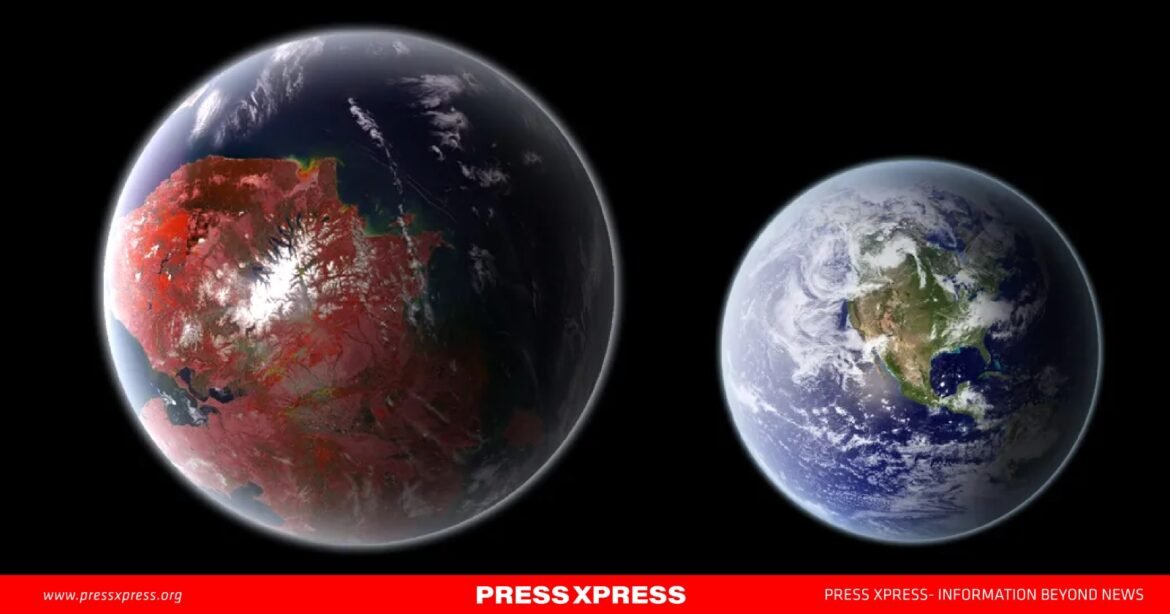Scientists have identified K2-18b, an exoplanet 120 light-years away from Earth, as a promising candidate for hosting life. This discovery has drawn significant attention due to the detection of a gas in its atmosphere that is typically associated with biological activity on Earth. Combined with evidence suggesting the presence of an ocean and a hydrogen-rich atmosphere, K2-18b offers intriguing possibilities for extraterrestrial life.
K2-18b stands out because of its unique physical and orbital characteristics. It is eight times heavier and twice as large as Earth, categorizing it as a “mini-Neptune.” Despite its larger size, the planet’s orbit around its host star is much closer than Earth’s orbit around the Sun, resulting in a year that lasts only 33 Earth days. Its location within the habitable zone of its star adds to the likelihood of it sustaining conditions favorable for life.
While K2-18b’s proximity to its host star might raise concerns about extreme temperatures, the planet’s hydrogen-rich atmosphere could potentially regulate its climate, allowing for a stable environment. The suspected ocean beneath this atmosphere enhances its appeal, as liquid water is a key ingredient for life.
If further studies confirm signs of life on K2-18b, this discovery could become one of the most significant milestones in scientific history, offering unprecedented insights into the potential for life beyond Earth. For now, K2-18b remains a focal point in the search for answers about our place in the cosmos.


